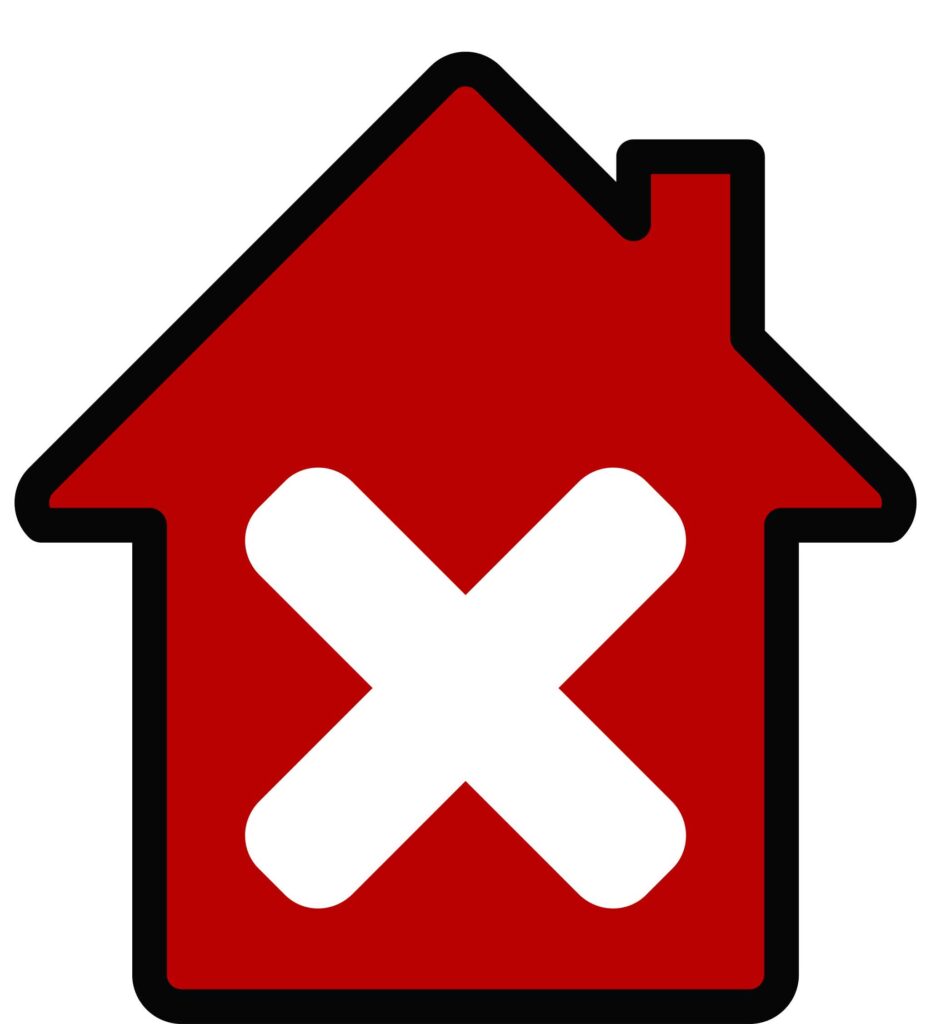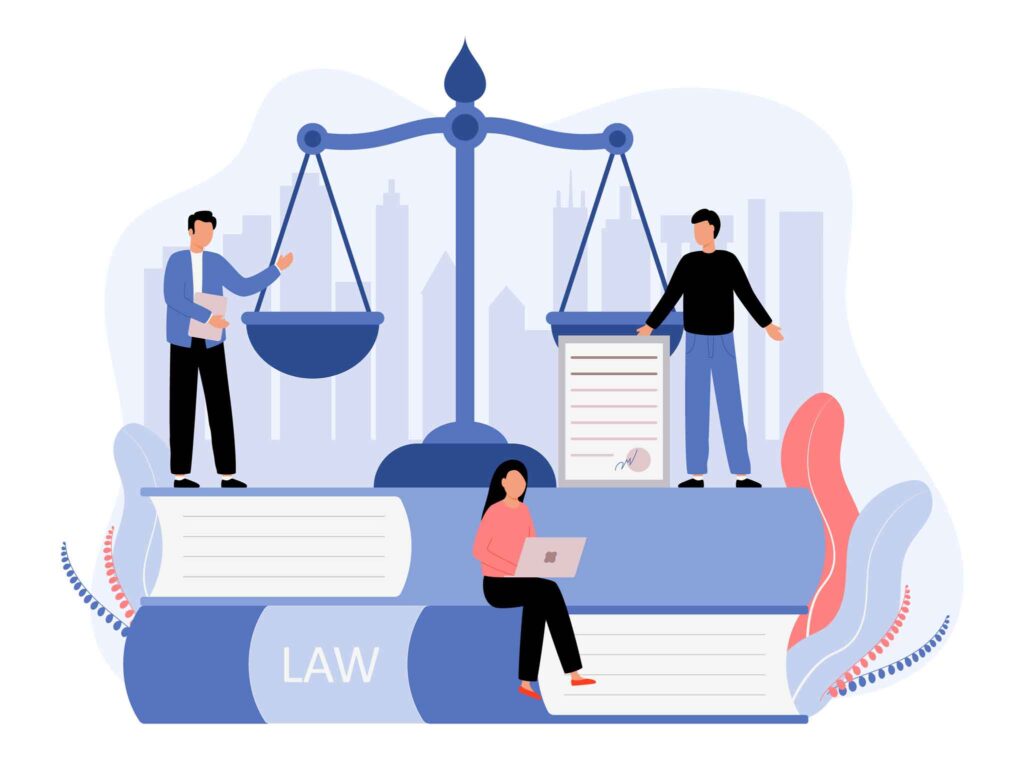This is a question that many parents grappling with an adult child’s substance abuse find themselves asking.
Addiction has a devastating impact on relationships. Addiction warps the mind until promises are broken, communication is excruciating, and trust is all but eroded. Even the closest bonds can be torn apart as priorities shift toward sustaining the addiction. The journey through addiction within a family setting can be incredibly complex and challenging. Loved ones are left feeling helpless, hurt, and often frustrated, as they witness the transformation of someone they care about into a shadow of their former self.
Confronting the grim realities of addiction, parents sometimes find themselves facing an agonizing decision: to continue to allow their child to use and abuse drugs, or to evict their own child from the family home.
Addiction and Enabling
Enabling is one of the most common problems we see in addiction treatment. By definition, to enable is to give someone the means to do something. In the context of addiction, enabling refers to habits, actions, and choices that effectively continue to allow one’s son to use drugs. Enabling can take many different forms as long as it allows your loved one to maintain their addiction. Some enabling behaviors are obvious, while others may seem like a normal pattern of your relationship with your child. Some parents and family members may not even realize they are engaging in an enabling behavior.
Individuals struggling with addiction, particularly adult children who live with their parents, often rely on enabling behaviors to create an environment in which they can gain control. If you are living with an adult child who is addicted to drugs, they may go to any length in order to continue their drug use, harming themselves and their family members in the process. Often, the only way to end this cycle of enabling and addiction is to set and abide by boundaries. Setting boundaries and simultaneously understanding the motivations driving your child’s behavior, can eliminate the enabling dynamic and assist them on their path to recovery.
When Should Parents Consider Eviction
While it is a heart-wrenching decision for any parent to make, there are instances when removing adult kids who are struggling with drug abuse from the family home might be a necessary step for their well-being.
In some cases, this action can serve as a wake-up call that underscores the seriousness of their situation. Substance abuse can often cloud an individual’s judgment and inhibit their ability to recognize the extent of their problem. By enforcing boundaries and making the difficult choice to remove them from a comfortable environment, parents may provide the necessary shock to prompt their child to reevaluate their choices and seek help to improve their own life.
Oftentimes, particularly for parents of children who have been struggling with substance abuse for a long time, it may be a good idea to evict a child from the house while still offering to pay for a treatment program. In this scenario, they are forced to choose between living on the street or attending treatment.
For many, hitting rock bottom can be a transformative experience. Being confronted with the reality of losing a place to live due to their drug abuse might lead them to recognize the gravity of their actions. This pivotal moment of vulnerability could inspire them to make the right decision and seek treatment.
Removing an adult child from the home doesn’t necessarily mean abandoning them. It can simply be an act of tough love that forces them to confront their issues and make a choice between continuing down a destructive path or seeking a healthier, more positive direction. If parents decide to take this step, it’s crucial to communicate their intentions clearly, express their love and concern, and offer support in finding appropriate resources for recovery. Ultimately, the goal is to encourage the individual to take responsibility for their actions and seek the necessary help to overcome addiction and rebuild their lives.

Legal Considerations
Removing a child from your home due to drug abuse is a complex decision that may involve legal considerations. While parents have the right to establish rules within their household, legal and ethical factors must be taken into account when taking such action. Here are some key legal considerations:
- Age of Majority: In most jurisdictions, individuals are considered adults once they reach 18 years of age. If your child is under the age of 18, it may be illegal to remove them from your home. On the other hand, if a child is older than 18, parents have fewer rights to dictate their adult child’s choices and living situation.
- Eviction Laws: In some places, evicting an adult child might be subject to local tenant laws. Even if the child stopped paying rent or does not pay rent, they could potentially be considered a tenant if they have lived in the household for an extended period. This might require adhering to eviction procedures and providing proper eviction notice, even if the child is family.
- Health and Safety: If the adult child’s drug abuse poses a threat to the health and safety of themselves or other household members, legal authorities might become involved. In extreme cases, this could lead to involuntary commitment for substance abuse treatment or other interventions.
Given the legal complexities, seeking legal counsel before taking action is sometimes the best course of action. An attorney who specializes in family law, substance abuse issues, or the eviction process can provide guidance tailored to your specific situation. Additionally, maintaining open communication with your child and involving them in decisions about their living situation, if possible, can lead to a more constructive outcome and potentially avoid unnecessary legal conflicts.

Seeking Support
As mentioned earlier, removing an adult child from the home doesn’t necessarily mean abandoning them. When your son realizes you are not going to enable his addiction, you can start to encourage him to get help. Substance use or alcohol use disorders are dangerous, and getting help is usually an urgent matter. Encourage your child struggling with alcohol or drug use to get help as soon as possible.
Whether through individual therapy, participation in a support group, undergoing detoxification and rehabilitation, or embracing the structure of a sober living facility, the path to healing begins with acknowledging the need for help. Offering unwavering support while urging them to access appropriate resources can empower them to break free from the cycle of addiction. By emphasizing the value of seeking expert guidance, we not only pave the way for their physical and emotional well-being but also cultivate an environment of hope, understanding, and renewed determination. Ultimately, our proactive efforts to promote their engagement with tailored interventions can lead to a transformative journey of recovery and provide them with the tools to reclaim their lives from the clutches of addiction and alcohol abuse.
Conclusion
If you find yourself grappling with this dilemma and looking for guidance, New Life House can provide invaluable resources and support for individuals navigating the challenges of substance abuse recovery and reintegration into a healthier, more independent life. Remember, making informed and compassionate decisions in the best interest of all parties involved is crucial for a positive outcome. If your son is living at home and abusing drugs or alcohol, you’re not alone. New Life House will help you every step of the way to help get your son out of the house, into treatment, and onto a better, safer future. Call today to learn more about our sober living for young men in Los Angeles, CA.
Last Updated on September 12, 2024

